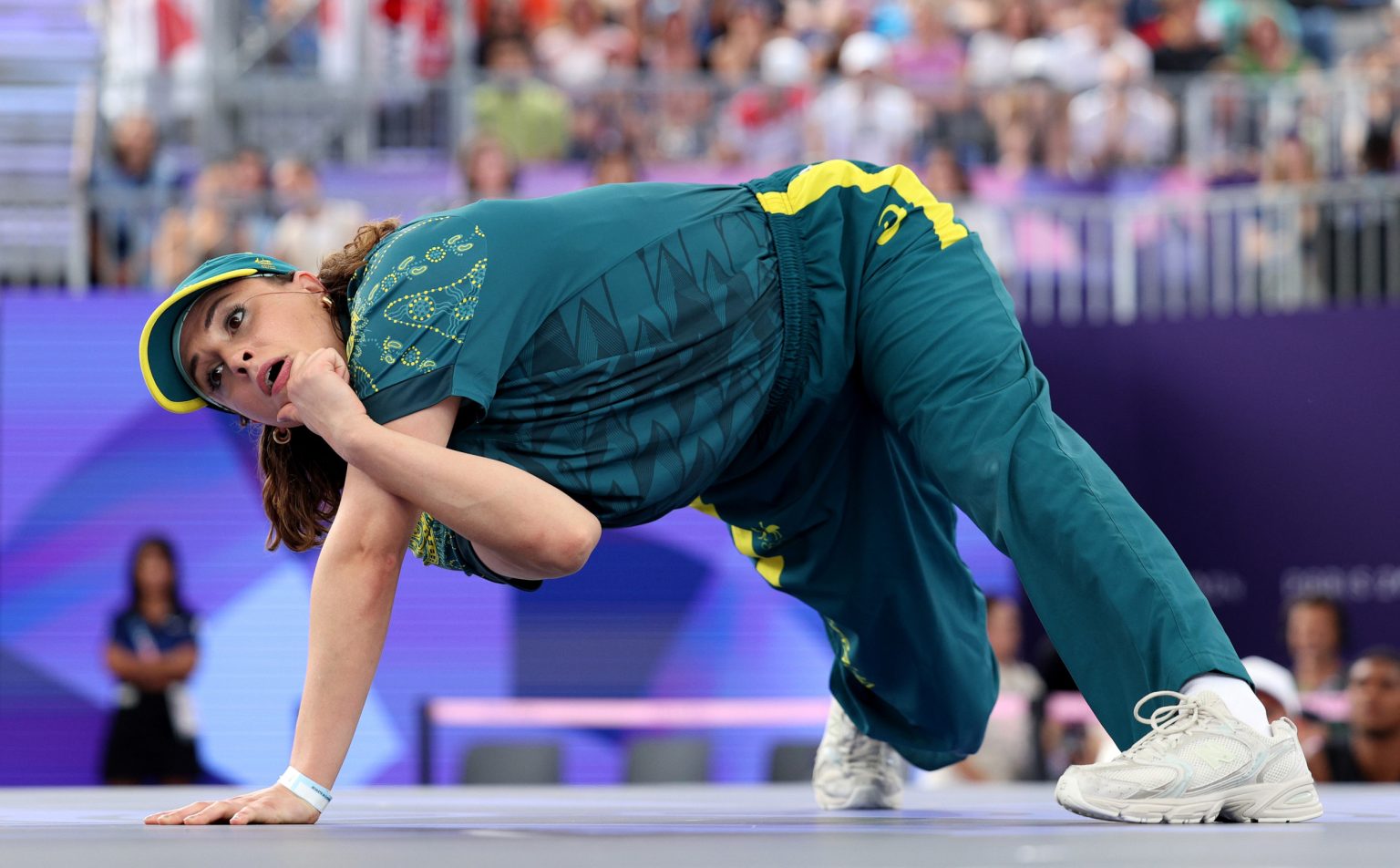The 2024 Paris Olympics were filled with memorable moments, including Simone Biles making her triumphant return, Noah Lyles winning the 100m by a narrow margin, and a Turkish shooter with a unique shooting position. However, one unexpected viral moment came from Raygun, the Australian representative in Olympic Breakdancing. Her unorthodox dance, dubbed the “Kangaroo Dance,” sparked controversy online, with some criticizing it as an offense to the sport and the Olympics. A Change.org petition was created, accusing Raygun of manipulating the selection process to enter the Olympics and calling for an investigation into her actions. Despite garnering over 40,000 signatures, the claims in the petition were ultimately proven to be false by a deep dive investigation.
Contrary to the allegations in the petition, Raygun did not found the governing body for Australian breakdancing, nor did she and her husband have any influence over the selection process for the Olympic team. One of the judges for the Oceania Breaking Championships, Te Hiiritanga Wepiha, confirmed that Raygun won the competition fairly. Several other breakers, including veteran New Zealand breaker Dujon Cullingford, came out in support of Raygun, dismissing the claims of manipulation. Even the head judge at the Olympics, Martin Gilian (MGbility), defended Raygun, emphasizing the importance of originality and representation in competitive breaking. While Raygun’s dance may not have been at the same level as other competitors, she earned her spot through legitimate means.
During a press conference, MGbility explained that breaking is about bringing something new to the table and representing one’s country or region. He highlighted the five criteria in the competitive judging system: Technique, Vocabulary, Execution, Musicality, and Originality. Despite not scoring as high overall as some competitors, Raygun displayed originality and creativity in her performance. While her moves may have appeared unconventional or silly to some, they were true to her personal style and expression. Ultimately, Raygun did not manipulate her way into the Olympics, and her inclusion in the event was based on merit and fair competition.
The controversy surrounding Raygun’s “Kangaroo Dance” at the 2024 Paris Olympics highlighted the intersection of creativity and competition in the world of breakdancing. While some critics questioned the legitimacy of her participation, a thorough investigation revealed that the accusations of manipulation were unfounded. Raygun’s supporters, including fellow breakers and judges, stood by her, emphasizing the importance of originality and personal expression in the sport. Despite the initial backlash, Raygun’s performance served as a reminder of the diverse styles and perspectives that make breakdancing a vibrant and dynamic art form. In the end, Raygun’s participation in the Olympics was a testament to her dedication and passion for the sport, showcasing the inclusive and innovative spirit of breaking.


